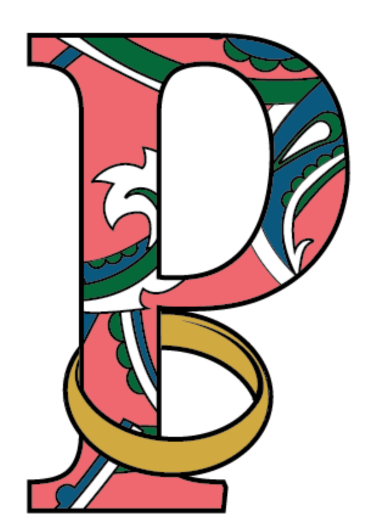May is Mental Health Month!
When I was reminded last month by my very bright and business-minded son-in-law that May was mental health month, I knew immediately that it was an appropriate topic for this news- letter. Widows have more than their share of challenges that stress their emotional and mental strength, and I welcome the opportunity to discuss it and do some research. I thought it would be a straightforward search. I uncovered articles describing the symptoms of complicated grief to look for and was disappointed to find that nearly all of them would be common for widows. So what do we look for when separating out the normal process of grief from situations where additional professional help might be indicated?
One of the best articles I found was Grief, Sadness and Your Mental Health. It talks about the difference between grief and sadness: “Sadness is a natural emotion, and is usually a response to some event in our lives. Believe it or not, feeling sad can be positive. Sadness can help us heal while we are going through difficult time. Like sadness, grief is a natural reaction to the loss of someone or something significant to us. But unlike sadness, grief isn’t one particular feeling: grief can make you feel sad, angry, powerless, bitter, anxious, or even numb. Grief can even take over your brain and lead to thoughts that can make you feel uncomfortable. Too much grief can be overwhelming and can lead to depression or physical problems.”
The article suggests ways to take care of your healing. Some examples are to drink more water, eat healthy food, exercise or move your body regularly, and try to get more sleep. All of these actions will have a positive effect on your mood. There are more suggestion in the article.
But what if all of these things are not enough? When should you think about getting even more help? You might consider seeking out therapy if:
• Your grief prevents you from doing normal, daily activities, such as going to work, keeping your house in order, or caring for yourself.
• You socially withdraw from people in your life.
• You feel like life isn’t worth living.
• You think about hurting yourself. Yes.
But you could also seek out therapy and/or coaching even if none of these things are true. Maybe you are just feeling stuck. Maybe you would like to find an objective third-party to help you sort out a situation.
And if it isn’t necessarily a mental health issue (for example, you are trying to figure out what you’re passionate about, what motivates or excites you, or you are facing a big decision such as a career change or move) professional coaching could also be use- ful and helpful. [See bottom of page three for a coaching connection with me.] Either way, getting extra help can be a great plan and one which is not necessarily well-supported in our culture. But really, who among us could benefit from a little bit of outside help?
